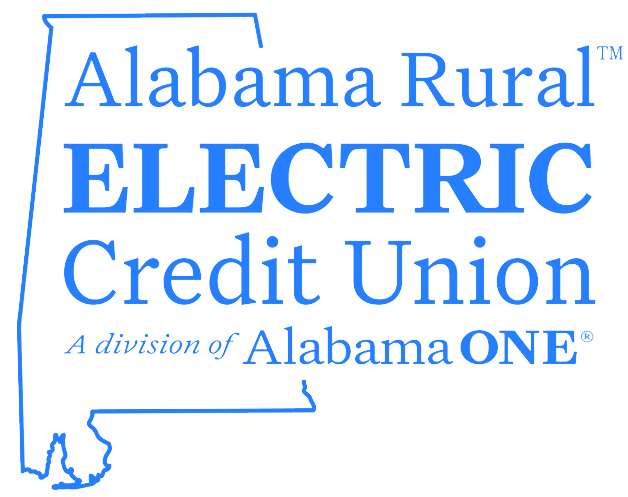By Pat Keegan and Brad Thiessen
Q: I’m seeing a lot of ads lately for electric lawn mowers. I want to save money and help the environment, but from what I’ve heard, a lot of electric mowers can be underpowered, and the cordless ones lose their battery charge too quickly. Do you think it’s worth making the switch from a gas mower to an electric mower?
A: Until recently, corded and cordless electric mowers tended to be underpowered. For cordless mowers, this fact was made worse by their sub-par battery life.
But today, with those problems largely solved, the best electric mowers have the power and battery life to keep pace with a gas mower, depending on the size of your lawn.

A cordless, electric mower with a large 56-volt battery can run for about one hour. Plug-in electric mowers don’t have this limitation, but using a long electrical cord can be challenging.
Quality electric mowers, especially the cordless, rechargeable ones, tend to cost twice as much as a new equivalent gas model. But you can recoup some of the expense with cheaper operating costs, since electricity is a less expensive fuel than gas, and electric engines generally require less maintenance than gas engines.
Another important cost consideration is that rechargeable batteries typically need to be replaced after three to five years. The cost savings also depend on the size of your lot. A small lot uses less gas, so fuel cost savings are less significant.
You can save a significant amount of money on purchase price with a corded mower, if you don’t mind the hassle of navigating around the cord.
There are additional benefits of electric mowers besides lower fuel and maintenance costs. Electric mowers are much quieter than gas mowers, and they start instantly. Electric mowers produce less tailpipe emissions, but the overall environmental impact depends on how the electricity you’re using (to charge the mower) is generated. The environmental benefits will be greater if the electricity is generated from renewable energy sources.
 Given all these considerations, my advice is to weigh your priorities. If you are looking to buy new, have a small- to mid-size lot, prioritize environmental concerns and don’t mind navigating a cord or recharging batteries, an electric mower could be the right choice for you.
Given all these considerations, my advice is to weigh your priorities. If you are looking to buy new, have a small- to mid-size lot, prioritize environmental concerns and don’t mind navigating a cord or recharging batteries, an electric mower could be the right choice for you.
If you don’t mind the noise, maintenance and other hassles of a gas mower, have a large lot and prefer not to invest in the upfront purchase price, a gas mower may be a better option.
There’s also a third choice. If your goals are to save money and hassle while protecting the environment, you can minimize your need for a mower, or get rid of the need completely.
If you’re willing to keep your lawn mowed regularly and don’t mind breaking a sweat, consider a manual reel mower. Some models are more effective than you might think, and they’re far less expensive and require little maintenance or storage space.

The most dramatic step you could take is replacing your lawn completely, perhaps with water-efficient landscaping, a rock garden, a vegetable garden or even an artificial lawn. This could dramatically cut your water bill and the environmental impact of a lawn.
Any change you make, whether in mowing or landscaping, will require a little research. But it’s great to know the option of an electric mower is more viable than ever!
This column was co-written by Pat Keegan and Brad Thiessen of Collaborative Efficiency. For more information on mower options, please visit: www.collaborativeefficiency.com/energytips.
Patrick Keegan writes on consumer and cooperative affairs for the National Rural Electric Cooperative Association, the Arlington, Va.-based service arm of the nation’s 900-plus consumer-owned, not-for-profit electric cooperatives. Write to energytips@collaborativeefficiency.com for more information.





